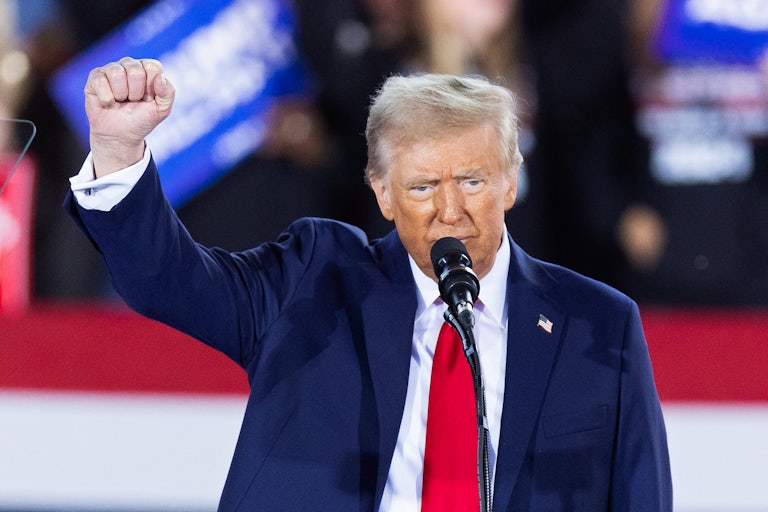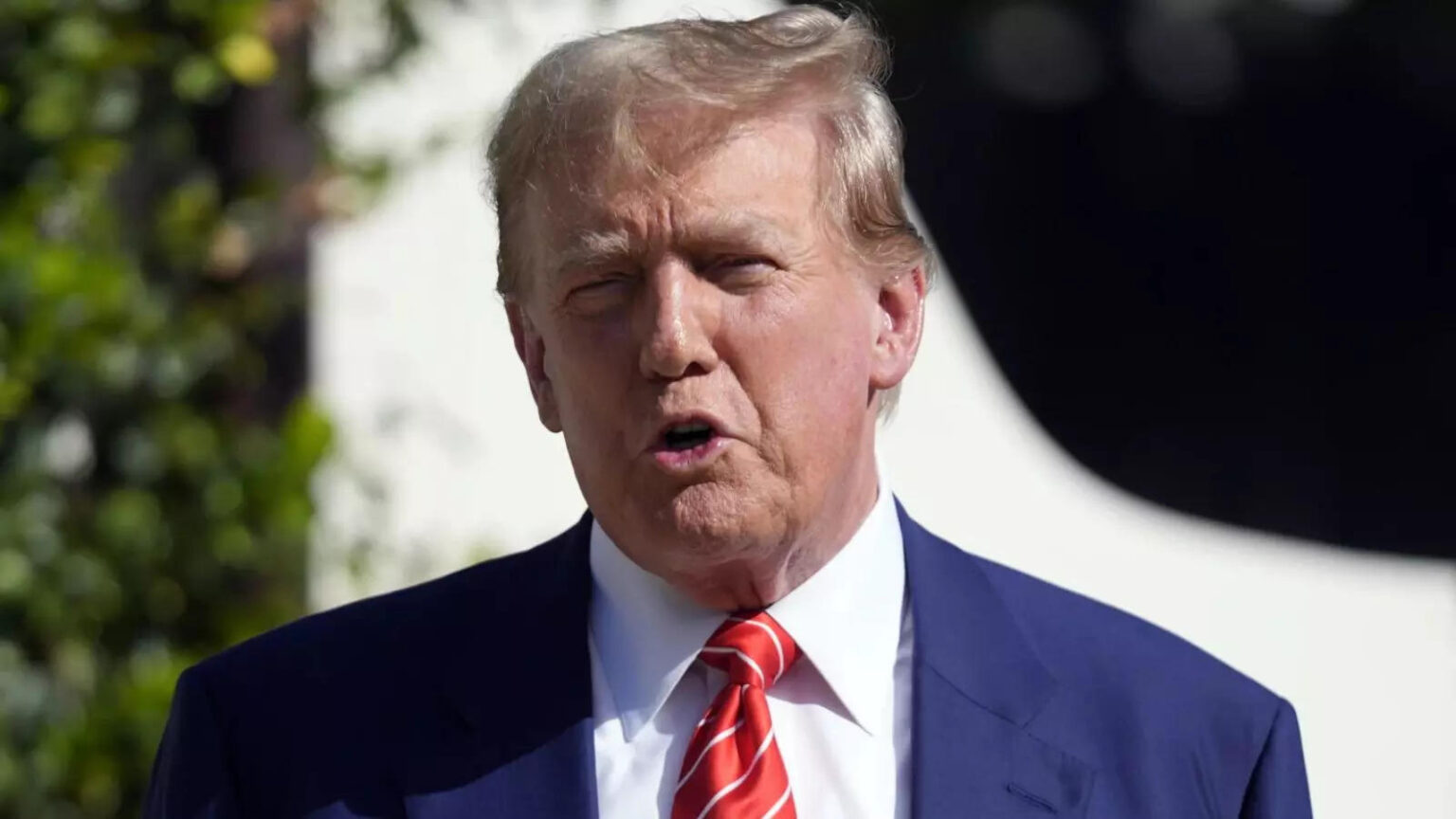Donald Trump’s success in the “economy-is-everything” election can be attributed to his ability to tap into the economic concerns of middle America. Trump’s narrative, which emphasized jobs, tax cuts, and deregulation, resonated with a broad swath of voters who felt left behind by the rapid pace of globalization and technological change. His message of economic nationalism appealed to working-class voters who were dissatisfied with the effects of free trade agreements, outsourcing, and the perceived neglect of their economic needs by the political establishment.

Source:- bbc news
Throughout his campaign, Trump focused heavily on bringing jobs back to the U.S., particularly in manufacturing, and promised policies aimed at reducing unemployment and boosting economic growth. His approach to the economy was framed in stark contrast to that of his opponents, who he claimed were more focused on issues like climate change and social justice rather than the immediate financial struggles of ordinary Americans.
Source:- news 18
Additionally, Trump capitalized on his outsider status, positioning himself as the only candidate who could break the grip of Wall Street and corporate interests on Washington. His promises of lower taxes and a more business-friendly environment appealed to both large corporations and the average voter who believed that a thriving business sector would lead to greater job opportunities.
In the end, Trump’s message about the economy resonated so deeply that it overshadowed many other issues in the election. For many voters, his focus on economic prosperity became the decisive factor, proving that for them, the economy truly was everything.
Share oyur views in the comments

